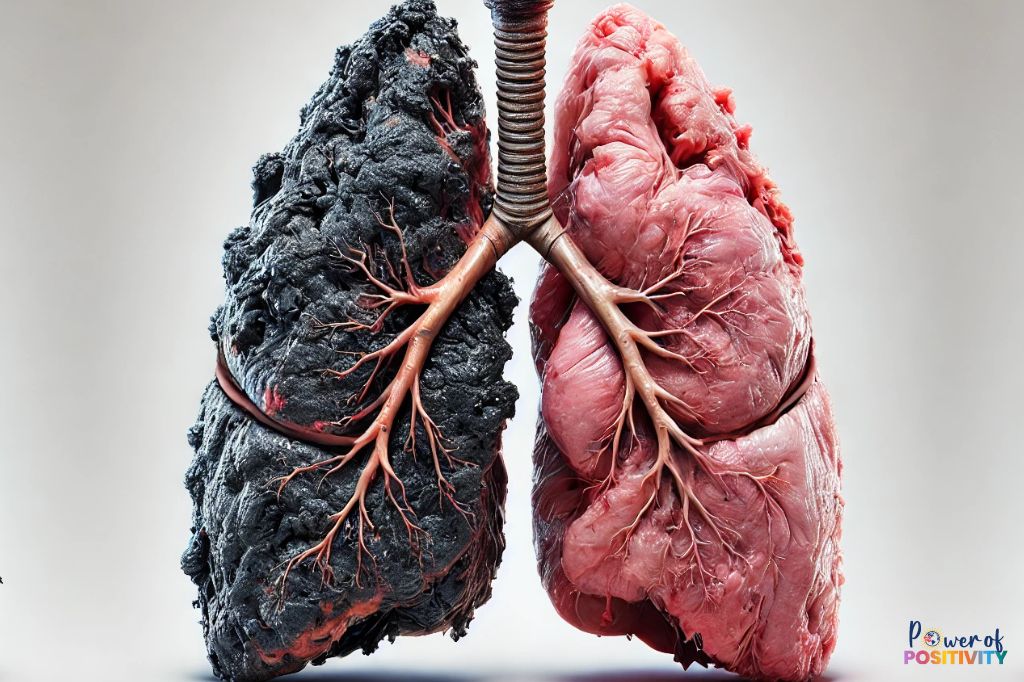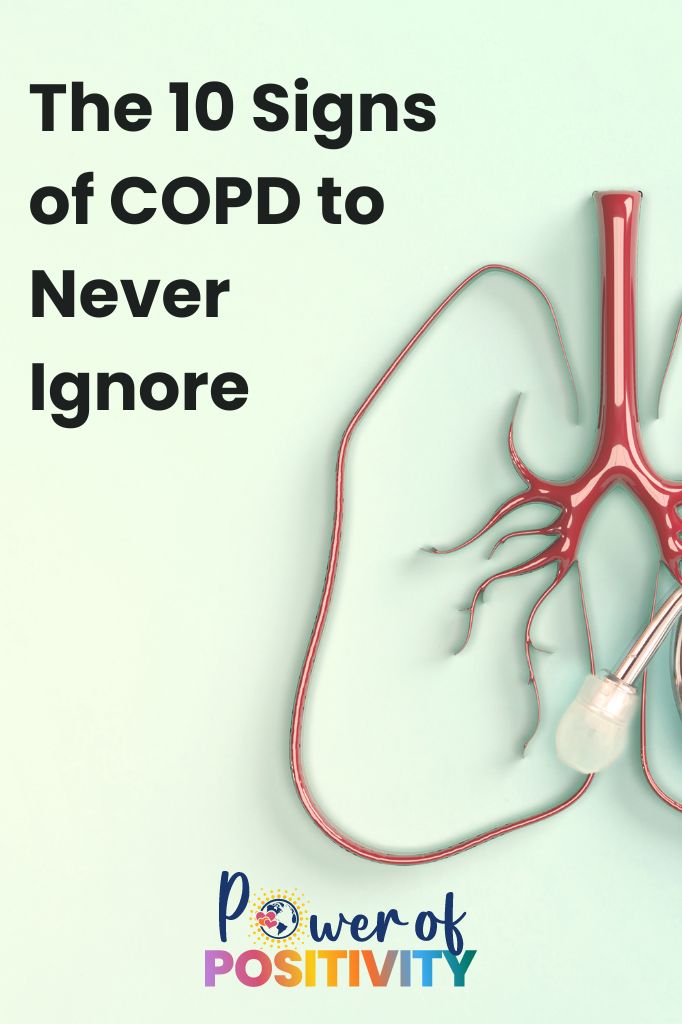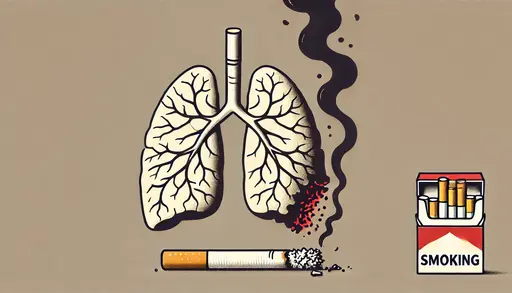.quote-container {
border: 2px solid #ccc;
border-left: 10px solid #05131a;
padding: 10px;
margin: 0 auto;
border-radius: 5px;
max-width: 90%;
}
.quote-text {
margin: 0;
}
.quote-author {
text-align: right;
margin: 0;
}
You’ve probably heard smoking is bad for your lungs, but do you know why? Each puff sends thousands of chemicals deep into your respiratory system, slowly robbing you of your breath. Over time, smoking doesn’t just damage—it destroys. Your lungs are the first to suffer, bearing the brunt of cigarette smoke.
But here’s the good news: understanding the real impact can help you make the change. Whether you’re thinking of quitting or just curious about the hidden dangers, we’ll walk you through exactly what happens to your lungs when you smoke—and how you can begin to reverse the damage today.
“Giving up smoking is the easiest thing in the world. I know because I’ve done it thousands of times” 
How Smoking Affects Your Lungs: A Step-by-Step Breakdown
Smoking causes a series of harmful effects on the lungs, with damage accumulating over time. Here’s how it happens:
 Cigarette smoke contains over 5,000 chemicals, including tar and nicotine, which inflame and damage lung tissues.
Cigarette smoke contains over 5,000 chemicals, including tar and nicotine, which inflame and damage lung tissues. Smoking paralyzes the cilia, tiny hairs responsible for clearing mucus and debris, making the lungs more vulnerable to infections.
Smoking paralyzes the cilia, tiny hairs responsible for clearing mucus and debris, making the lungs more vulnerable to infections. Chronic smoking leads to inflamed airways, excess mucus, and difficulty breathing, contributing to the “smoker’s cough.”
Chronic smoking leads to inflamed airways, excess mucus, and difficulty breathing, contributing to the “smoker’s cough.” Smoking causes 84% of deaths from lung cancer and 83% of deaths from chronic obstructive pulmonary disease (COPD).
Smoking causes 84% of deaths from lung cancer and 83% of deaths from chronic obstructive pulmonary disease (COPD). Tobacco smoking is responsible for over 70% of COPD cases in high-income countries. In low- and middle-income countries (LMICs)
Tobacco smoking is responsible for over 70% of COPD cases in high-income countries. In low- and middle-income countries (LMICs) Smoking destroys alveoli, the small sacs crucial for oxygen exchange, resulting in permanent loss of lung function.
Smoking destroys alveoli, the small sacs crucial for oxygen exchange, resulting in permanent loss of lung function. Smoking is the leading cause of lung cancer, responsible for over 85% of cases globally.
Smoking is the leading cause of lung cancer, responsible for over 85% of cases globally.
Smoking’s Impact on the Immune System and Respiratory Health
Smoking has significant and multifaceted impacts on health, particularly affecting the respiratory and immune systems. Recent studies have provided updated insights into these effects:
Impact on the Immune System
- Long-term Effects: Smoking has a lasting impact on the immune system, even years after quitting. While the inflammatory response may normalize shortly after cessation, changes in adaptive immunity, particularly T cell responses, can persist for 10 to 15 years. This long-term effect is due to alterations in gene expression and epigenetic changes caused by smoking.8
- Increased Susceptibility to Infections: Smokers are more prone to respiratory infections such as colds, flu, and COVID-19. Smoking also reduces the effectiveness of vaccines designed to protect against these infection. The innate immune system, which acts as the body’s first line of defense, is impaired by smoking but recovers relatively quickly after cessation
Respiratory Health Risks
- Chronic Diseases: Smoking is a major cause of chronic obstructive pulmonary disease (COPD), emphysema, and lung cancer. It is responsible for about 80% of COPD-related deaths and significantly contributes to lung cancer mortality.
- Lung Damage: Smoking narrows airways and destroys lung tissue, leading to breathing difficulties. It causes persistent coughing with phlegm and frequent chest infections in individuals with COPD.
Increased Risk of Other Cancers: Besides lung cancer, smoking is linked to oropharyngeal cancers (cancers of the mouth and throat), with over 93% of these cancers attributed to tobacco use.
Overall, smoking poses severe risks to both respiratory and immune health. Quitting smoking is crucial for reducing these risks and improving overall health outcomes.
Long-Term Damage to the Lungs from Smoking
1. Development of Chronic Obstructive Pulmonary Disease (COPD)
Smoking is the main cause of the chronic, progressive lung disease COPD. It involves permanent damage to the small airways in the lungs, leading to airflow restriction and difficulty breathing.
This disease encompasses both emphysema and chronic bronchitis, and most individuals with COPD experience a mix of both conditions.
The damage builds over time, often without noticeable symptoms until significant damage has occurred. It’s the third leading cause of death worldwide, with smoking being the major risk factor.
2. Emphysema and Chronic Bronchitis
- Emphysema: Smoking destroys the walls between the alveoli (tiny air sacs), reducing the surface area of the lungs. This makes oxygen exchange less efficient, leading to breathlessness. As the disease progresses, even resting can feel suffocating for those affected.
- Chronic Bronchitis: Smoking causes chronic inflammation of the airways, leading to excessive mucus production. This results in a persistent cough, known as “smoker’s cough.” Over time, the airways can become scarred and narrowed, increasing the risk of infections.
3. Lung Cancer: The Deadliest Outcome
Lung cancer is the leading cause of cancer death worldwide, with smoking responsible for about 80% of cases. The chemicals in tobacco smoke mutate lung cells, leading to the formation of cancerous growths.
This cancer often remains asymptomatic until it has reached an advanced stage, which makes it especially lethal
The Permanent Damage Smoking Does to Your Lungs
1. Destruction of Alveoli: Loss of Oxygen Exchange Capacity

Visual: What Happens to Your Lungs When You Smoke
Smoking leads to the destruction of the alveoli, the tiny air sacs in the lungs responsible for oxygen exchange. Over time, smoking breaks down the walls of the alveoli, merging smaller sacs into larger, inefficient ones.
This significantly reduces the surface area available for oxygen to enter the bloodstream, making it harder to breathe.
Unfortunately, once these alveoli are damaged, they do not regenerate, causing irreversible lung function decline.
2. Narrowing of Airways: Why Breathing Becomes Difficult
Chronic smoking causes long-term inflammation and thickening of the airways, leading to narrowing. The bronchial tubes become swollen, produce excess mucus, and create blockages, making airflow restricted.
This is often what leads to conditions like chronic bronchitis, characterized by a persistent cough and difficulty breathing. The narrowing can become permanent, making simple activities feel like an uphill battle.
3. Smoking-Induced Inflammation and Scarring of Lung Tissue
The repeated exposure to harmful chemicals in cigarette smoke causes ongoing inflammation in the lungs. Over time, this inflammation results in scarring (fibrosis), which stiffens lung tissue.
The scarring thickens the lung walls, making it harder for oxygen to pass into the bloodstream. This irreversible process contributes to conditions like emphysema and pulmonary fibrosis, leaving many smokers with permanent lung damage and breathlessness.
Why Smokers Are More Prone to Lung Infections
Smokers are at a much higher risk of lung infections due to the damage smoking causes to the respiratory system. Here’s a breakdown of the key factors:
- Weakened Immune Defense: Smoking impairs several aspects of the immune system, including both the innate and adaptive responses. This means smokers have a reduced ability to fight off infections like pneumonia, influenza, and even tuberculosis.
- Damaged Epithelium: Smoking damages the respiratory epithelium, the protective lining of the lungs, making it easier for pathogens like bacteria and viruses to penetrate and cause infections.
- Impaired Vaccine Response: Smokers also tend to have a weakened response to vaccines, making it harder for their bodies to protect against preventable infections.
The Role of Cilia Damage in Repeated Respiratory Infections
Cilia are tiny, hair-like structures that line the airways, acting as the lungs’ cleaning mechanism by sweeping out mucus, dust, and pathogens. Smoking severely impairs their function.
- Cilia Slowdown: Just one cigarette can slow cilia movement for hours, reducing their ability to clear mucus and debris from the lungs. This leaves smokers vulnerable to infections as the lungs can’t self-clean effectively.
- Reduced Number of Cilia: Chronic smoking reduces the number of functioning cilia, further compromising the lung’s defenses. Over time, cilia may stop functioning altogether, leading to repeated infections and a buildup of harmful substances in the lungs.
Why Smokers Get More Infections:
- Slower and fewer cilia mean more mucus buildup.
- Pathogens like viruses and bacteria are not cleared as efficiently.
- Smokers face higher risks of severe respiratory infections, including pneumonia, flu, and bronchitis.
Benefits of Quitting Smoking for Lung Recovery
Quitting smoking offers a multitude of health benefits, especially for your lungs. Here’s a breakdown of 10 key benefits based on scientific studies:
- Improved Lung Capacity: Within 2-12 weeks, lung function improves significantly. Former smokers often experience up to a 20% improvement in lung function, especially if they had conditions like chronic bronchitis.
- Decreased Coughing and Shortness of Breath: One to nine months after quitting, the cilia in your lungs begin to recover, helping clear mucus and reducing the frequency of coughing and shortness of breath.
- Lowered Risk of Lung Cancer: After 10 years, your risk of dying from lung cancer is cut in half compared to someone who still smokes. This also applies to cancers of the mouth, throat, and esophagus.
- Reduced Risk of Other Respiratory Diseases: The chances of developing chronic obstructive pulmonary disease (COPD) and emphysema decrease significantly, slowing or even halting further lung damage.
- Faster Recovery from Respiratory Infections: After quitting, your lungs start to clear out mucus and debris more efficiently, reducing the likelihood of infections like bronchitis or pneumonia.
- Improved Blood Circulation: Within 2–12 weeks of quitting, your blood circulation improves, which aids in better oxygen distribution throughout the body, further enhancing lung function.
- Regeneration of Cilia: The cilia, tiny hairs that line your airways, begin to grow back within weeks of quitting. This helps protect your lungs by clearing out harmful particles.
- Lower Stroke Risk: After five years, your risk of stroke drops to that of a non-smoker, which also benefits your overall respiratory and cardiovascular health.
- Reduced Risk of Heart Disease: Within one year, your risk of coronary heart disease is cut in half, improving your heart and lung coordination during physical activities.
- Increased Life Expectancy: Quitting smoking can add up to 10 years to your life, depending on how early you quit. Even quitting later in life reduces your risks of lung and heart disease dramatically.
Fresh Start for Your Lungs
Quitting smoking is the best decision you can make for your lung health and overall well-being.
As your lungs heal, you’ll experience better breathing, a reduced risk of life-threatening diseases like lung cancer and COPD, and increased energy.
The benefits of quitting start almost immediately and continue to grow over time, improving both your quality of life and life expectancy.
Whether you’re looking to regain lung function or simply improve your health, quitting smoking is a crucial step.
Take action today and give your lungs the fresh start they deserve!
#sqb_quiz_builder .sqb_category_details {max-width:375px;background-color:#f3f3ff;border-width:3px;border-style:dotted;border-color:#0c0000;box-shadow:#ffffff 0px 0px 0px 0px;float:left;margin-bottom:10px;padding:25px; }
.sqb_edit_template , .quiz_start_template_outer .sqb_edit_template, .hidden_sqb_quiz_credit_banner {display:none!important;}
The post What Happens to Your Lungs When You Smoke appeared first on Power of Positivity: Positive Thinking & Attitude.




 Cigarette smoke contains
Cigarette smoke contains  Smoking paralyzes the cilia, tiny hairs responsible for clearing mucus and debris, making the lungs more vulnerable to infections.
Smoking paralyzes the cilia, tiny hairs responsible for clearing mucus and debris, making the lungs more vulnerable to infections. Chronic smoking leads to inflamed airways, excess mucus, and difficulty breathing, contributing to the “
Chronic smoking leads to inflamed airways, excess mucus, and difficulty breathing, contributing to the “ Smoking causes
Smoking causes Tobacco smoking is responsible for over
Tobacco smoking is responsible for over  Smoking destroys alveoli, the small sacs crucial for oxygen exchange, resulting in permanent loss of lung function.
Smoking destroys alveoli, the small sacs crucial for oxygen exchange, resulting in permanent loss of lung function. Smoking is the
Smoking is the 









